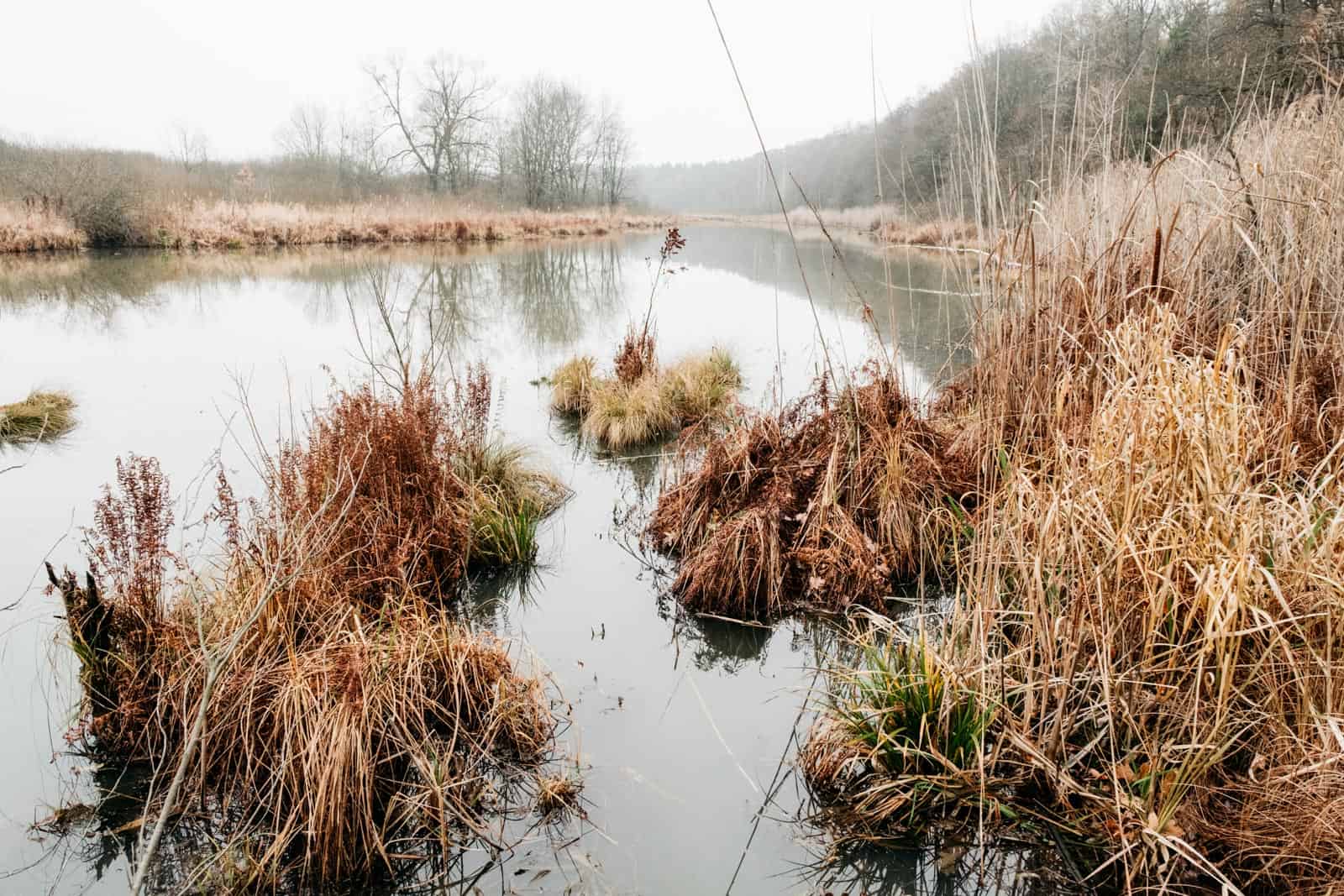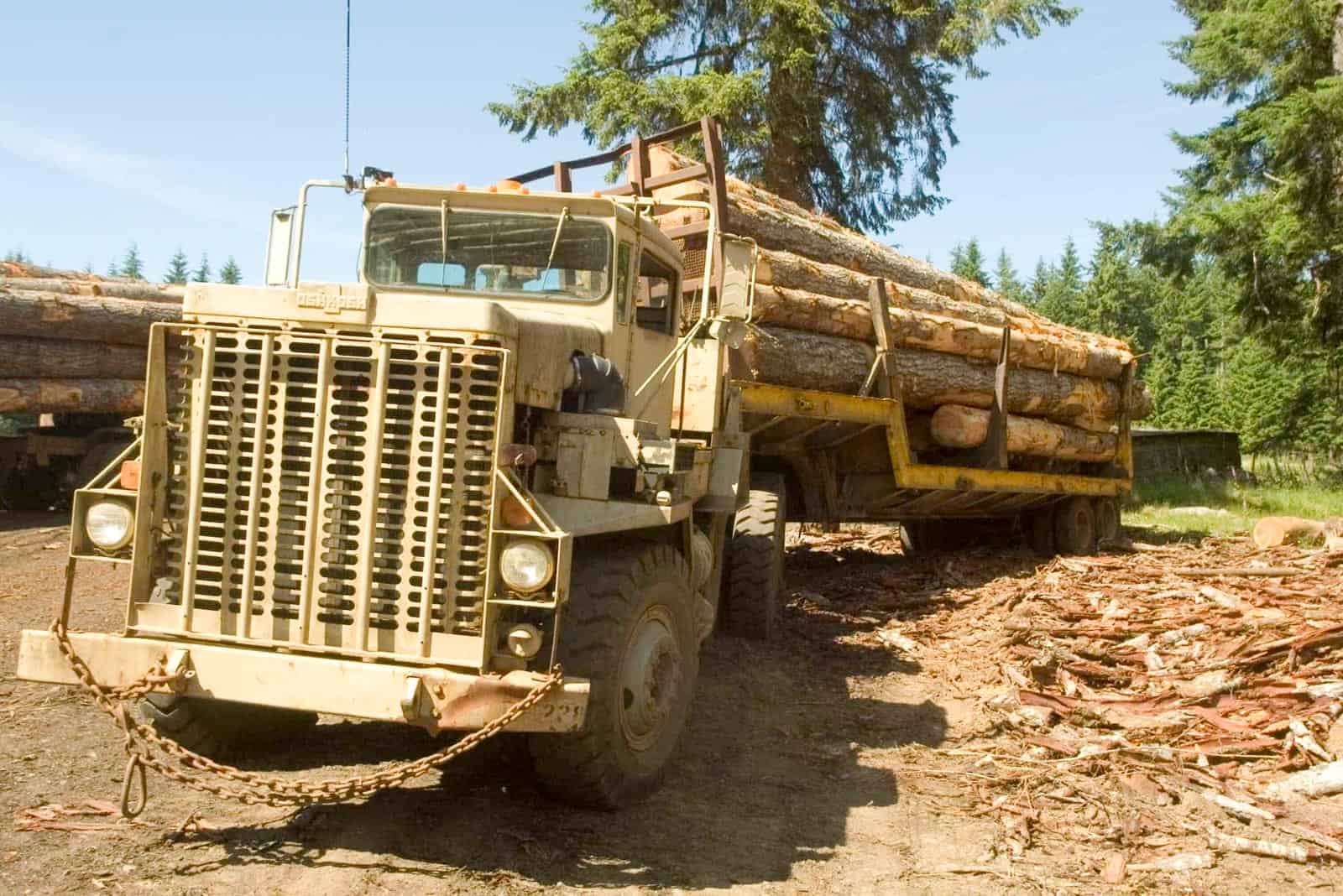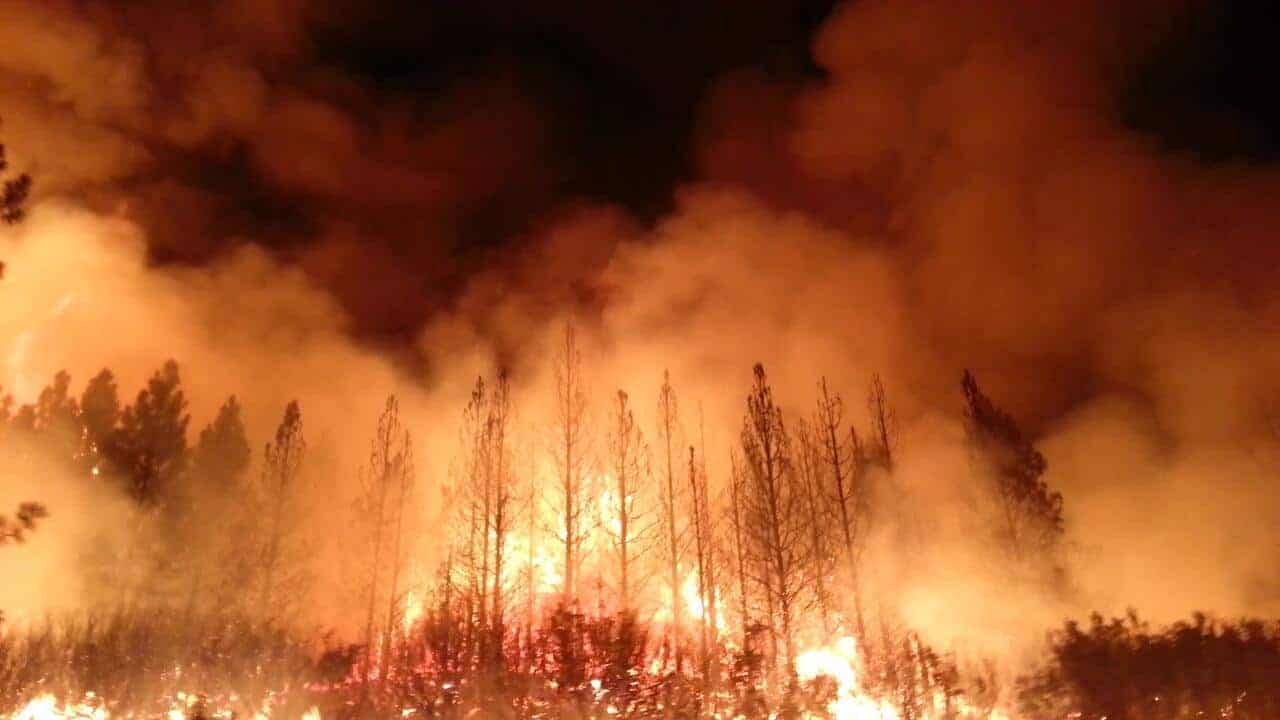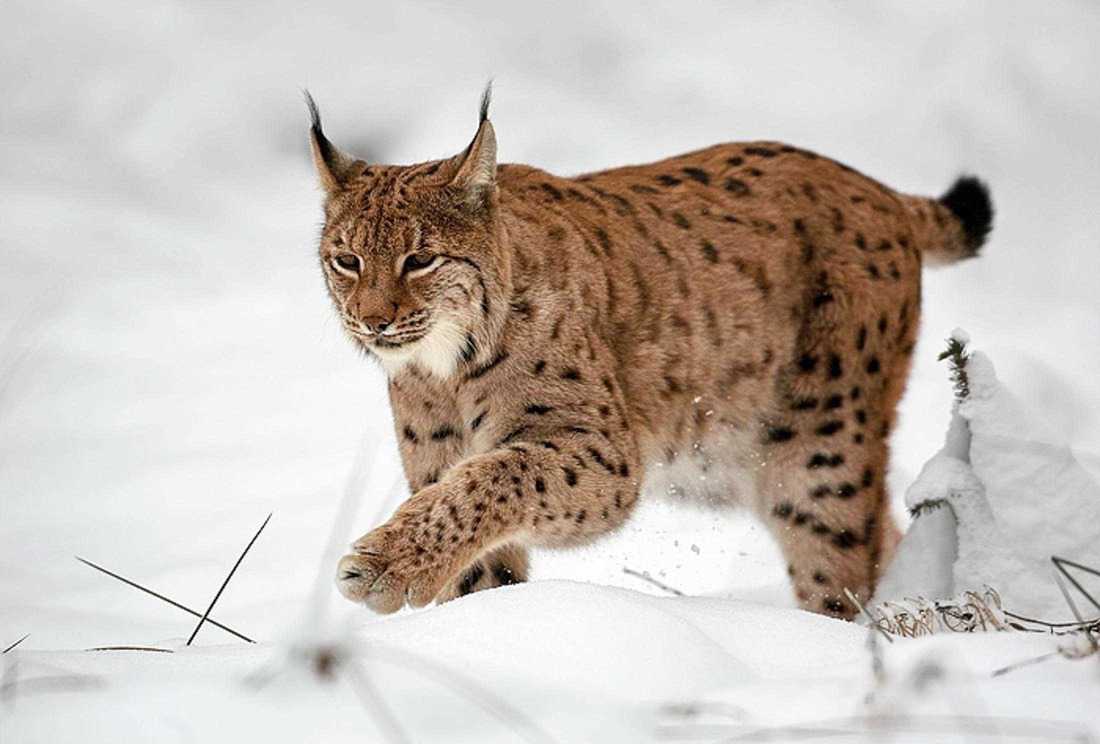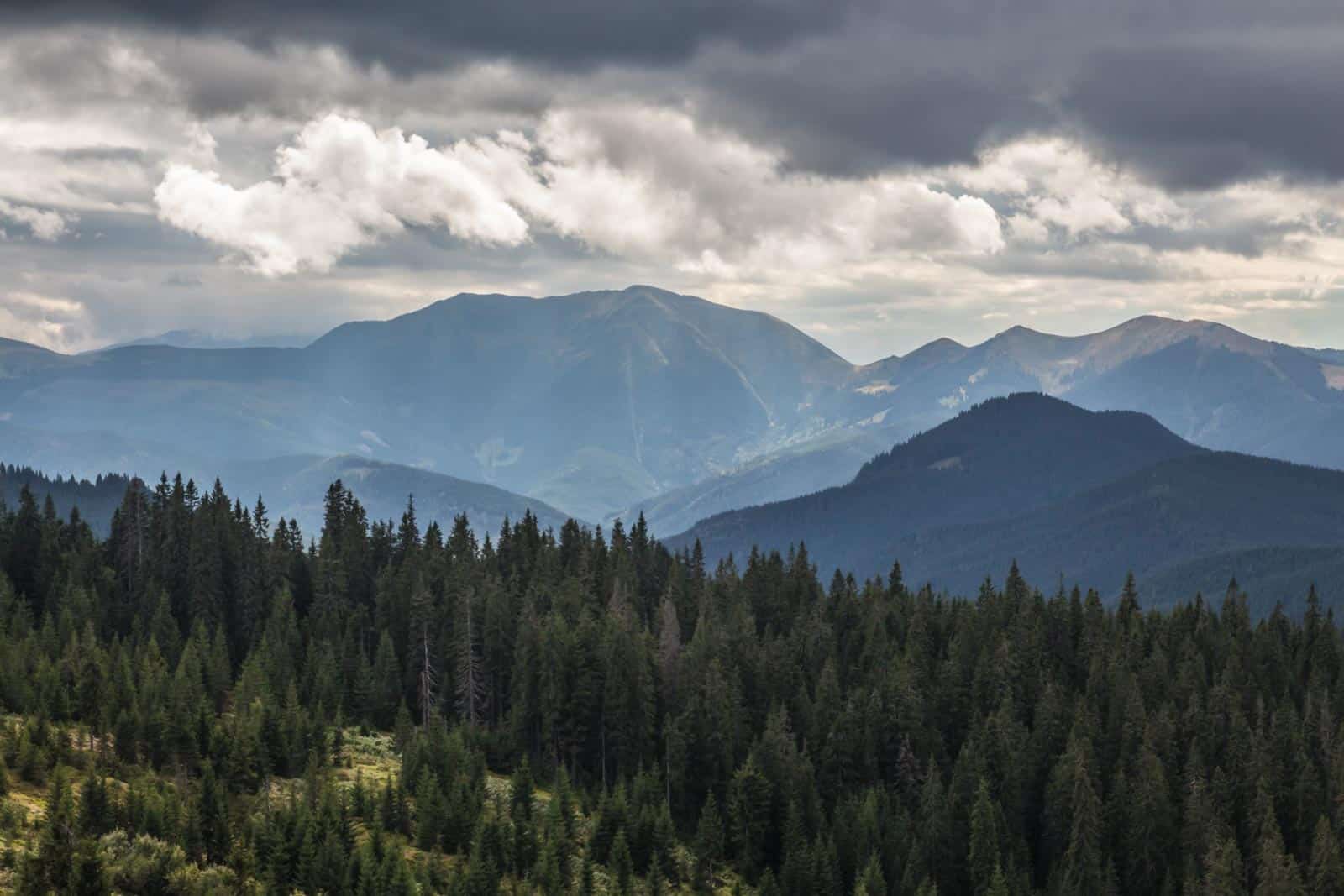Safeguarding wetlands
On the 2nd of February every year, World Wetlands Day takes place, offering us a chance to appreciate the contribution of wetlands to the world’s ecological health. This time, the Ramsar Convention on Wetlands celebrates its 50th anniversary since its signing in Ramsar, Iran. The Ramsar Convention aims to promote “the conservation and wise use of all wetlands through local and national actions and international cooperation, as a contribution towards achieving sustainable development throughout the world”. Owing to the fact that over 170 countries are signatories to this convention, it offers the world’s most comprehensive framework for the protection of wetland areas.
Please also read: More biodiversity makes us all happy!
Increasing importance
A wetland is an area that is covered by or saturated with water. Subsequently, water entirely covers them for at least a part of the year. Moreover, wetlands come in various forms. Their diversity is furthermore reflected in the origins of their water sources. These include groundwater, nearby lakes and rivers, and seawater in coastal areas experiencing strong tides. Wetlands are not all the same and are located in various biomes across the world. The three main types of wetlands are swamps, marshes, and bogs. Generally speaking, swamps are situated in the tropics, marshes south and north of the tropics, and bogs in colder areas (including the Arctic) and areas at higher altitudes.
In the current context of climate change, wetlands certainly have an important role to play. As huge carbon sinks, they provide a vital ecosystem service in mitigating the effects of climate change. An intact square metre of a riparian forest has the ability to store up to 2 000 litres of water. Furthermore, they both store and extract carbon and carbon dioxide from the atmosphere, a key role in helping moderate the effects of climate change.
Restoration potential
Unfortunately, in the tropics, over 9000 km2 of mangroves were lost between 1996-2016. However, mangrove restoration and protection offer vast potential in creating more favourable climatic conditions. Mangroves, for instance, help contribute to mitigating climate change’s effects through their carbon sinks and protective function against floods and other climate-related natural disasters. A study conducted by the IUCN, The Nature Conservancy and the University of Cambridge revealed that the restoration of all restorable former mangrove areas would contribute a great deal to mitigating climate change. For example, it would take 69 million tonnes of carbon out of the air and lead to saved carbon stocks of 296 million tonnes through avoided emissions and sequestration. In addition, full mangrove restoration would lead to trillions more fish, crabs, shrimp and molluscs in our oceans. Restoration would also enhance natural disaster protection for hundreds of thousands of coastal communities.
Above all, this has the potential to contribute to many targets stipulated by numerous international conventions. Likewise, they can help contribute to the UN’s future biodiversity targets, which are likely to cover livelihood issues, like job and food security, ecosystem services protection, climate mitigation and the protection of biodiversity.
European wetlands
The importance of wetland ecosystems is increasingly crucial to the fight against climate change. Despite the vast potential of tropical mangroves in contributing to this endeavour, wetlands in colder and more temperate regions also have an important role to play.
In Austria, a “Wetland Strategy for 2020+” was agreed upon in 2015. This aims to retain all existing wetland areas, preventing a degradation of their ecological state. For degraded wetlands, the plan seeks to improve their status through restoration projects. Alongside restoration, the strategy includes other workshops that offer an opportunity to discuss and highlight potential actions involving wetlands in the upcoming 10 years. Around 75% of Austrian wetlands have been ecologically altered or destroyed. This pressure on the land requires a more coordinated and targeted approach, which this strategy will hopefully encourage.
We must stop destroying and start restoring wetlands.

Wilderness wetlands
The European Wilderness Network also contains Ramsar sites amongst its members. The Soomaa Wilderness is located within the Soomaa National Park in Estonia and consists of four large peat bogs. Together they form one of the biggest raised bogs in Europe. The site is incredibly species-rich with approximately 200 species of flora present in its alluvial meadows and forests. In addition, the carrs (swamp forests) that surround the bogs are full of rare and threatened species. The pristine nature of this wetland area enables ecological processes to take place as naturally as possible. In turn, this allows for the sound functioning of the ecosystem to help mitigate climate change by protecting biodiversity and acting as a large carbon sink.
However, the wider ecological integrity of the Soomaa Wilderness is coming under threat. Sadly, this is not the first time this has happened. The State Forest Management Centre of Estonia has plans to fell trees in the Soomaa National Park. This consists of cutting down 2357 m3 of trees on 38 hectares in a Natura 2000 protected forest. While not excluding all human activity, Natura 2000 sites should protect rare and threatened species and promote the sustainable management of an area. This action in Soomaa contradicts these principles and could impact the unique bog ecosystems of the region as well.
In today’s world, we should not forget the contribution of wetlands to the Earth’s biodiversity. This recognition needs to continue if wetlands are to continue to help moderate the impacts of climate change. With 254,540,512 ha of sites currently designated as Ramsar sites, more awareness needs to be raised and protection measures put in place for more sustainable wetlands in the future.

